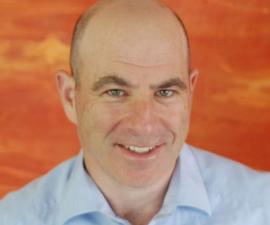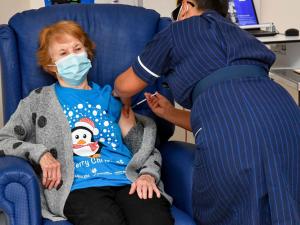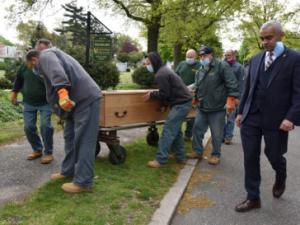

Research Bio
Joshua Goldstein is a demographer, with broad interests in social and economic inequality and population dynamics. His research applies sociological, economic, and demographic theories to answer questions such as — Are there economic benefits of cultural assimilation for immigrants? How do we forecast the marriage and fertility of cohorts that are still in their 20s and early 30s? How can Big Data help us understand the causes of longevity differences by ethnic group, race, and social class?
He is the Chancellor’s Professor of Demography and Director of the Berkeley Population Center. He is Principle Investigator of the CenSoc Project on mortality disparities and a contributor to the DemogBlog.
Prior to coming to Berkeley, he was a Director of the Max Planck Institute for Demographic Research in Rostock, Germany, and, before that, Professor of Sociology and Public Affairs at Princeton University. He received his MA in Demography and Social Sciences from the School of Advanced Studies in Social Sciences (EHESS) in Paris and his Ph.D. in Demography from Berkeley.
Research Expertise and Interest
mortality, fertility, aging, social inequality, mathematical demography, economic demography, quantitative methods, United States, Europe


